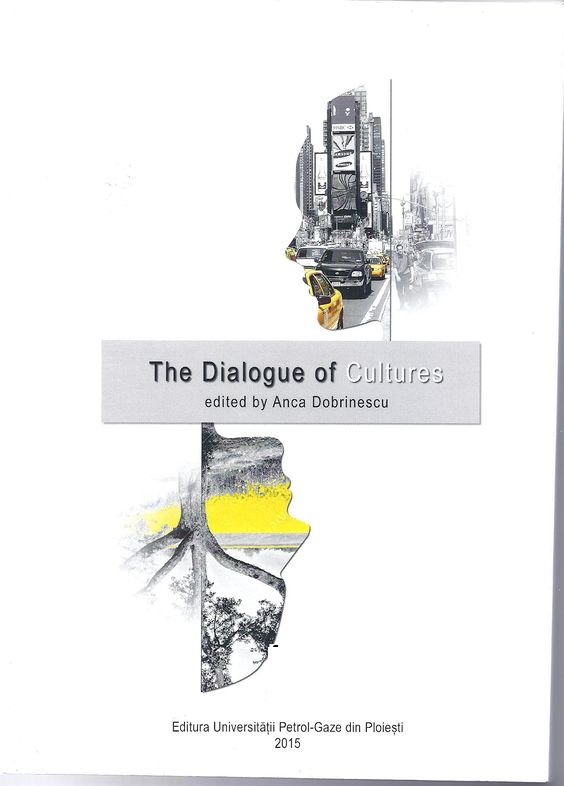The Words, the Goodness and the World – Is the Dumbness really a Birth-Defect of Goodness?
The Words, the Goodness and the World – Is the Dumbness really a Birth-Defect of Goodness?
Author(s): Gábor Kovács
Subject(s): Ethics / Practical Philosophy
Published by: Universitatea Petrol-Gaze din Ploieşti
Keywords: goodness; action; speech; Hannah Arendt; world-demolishing force;
Summary/Abstract: The interpretation of the goodness as a world-demolishing force is one of the most contested topics in the political philosophy of Hannah Arendt. She returns to the problem in her books again and again. It appears in The Human condition when Arendt talks on the personality of Jesus. Goodness here is described as an absolute private phenomenon which must remain outside the public realm because entering the world it inevitably loses its special character. The problem emerges again in a different context in On revolution. Here Arendt concludes that goodness, being a worldless phenomenon, entering the stage of politics necessarily appears as a devastating natural force. Goodness dwells at the darkness of human heart; if it arises into the light of the space of appearance it leads inevitably to violence. Why? In the argumentation of Arendt it is a consequence of the inherent dumbness of goodness; it is unable for argumentative speech and persuasion. As such it must be prohibited from the public realm based on interpersonal communication. Goodness, being an emotion, cannot be communicable with words, argues Arendt. But this argumentation stands in contradiction with other contexts in The Human Condition where Jesus, the embodiment of goodness, appears as the archetypical representative of action of forgiveness which is a vital important phenomenon of public realm. Action is described here as “the one miracle-working faculty of man” and Jesus is described as a person having uniquely deep insights into this faculty. In a third context in this book Arendt declares that speechless action cannot exist. How can Jesus, the embodiment of the mute goodness, be the exemplary figure of action inseparably from speech? Is this paradox solvable within the frameworks of the Arendtian theory? It is the main question of my planned paper.
Book: The Dialogue of Cultures
- Page Range: 167-174
- Page Count: 8
- Publication Year: 2015
- Language: English
- Content File-PDF

